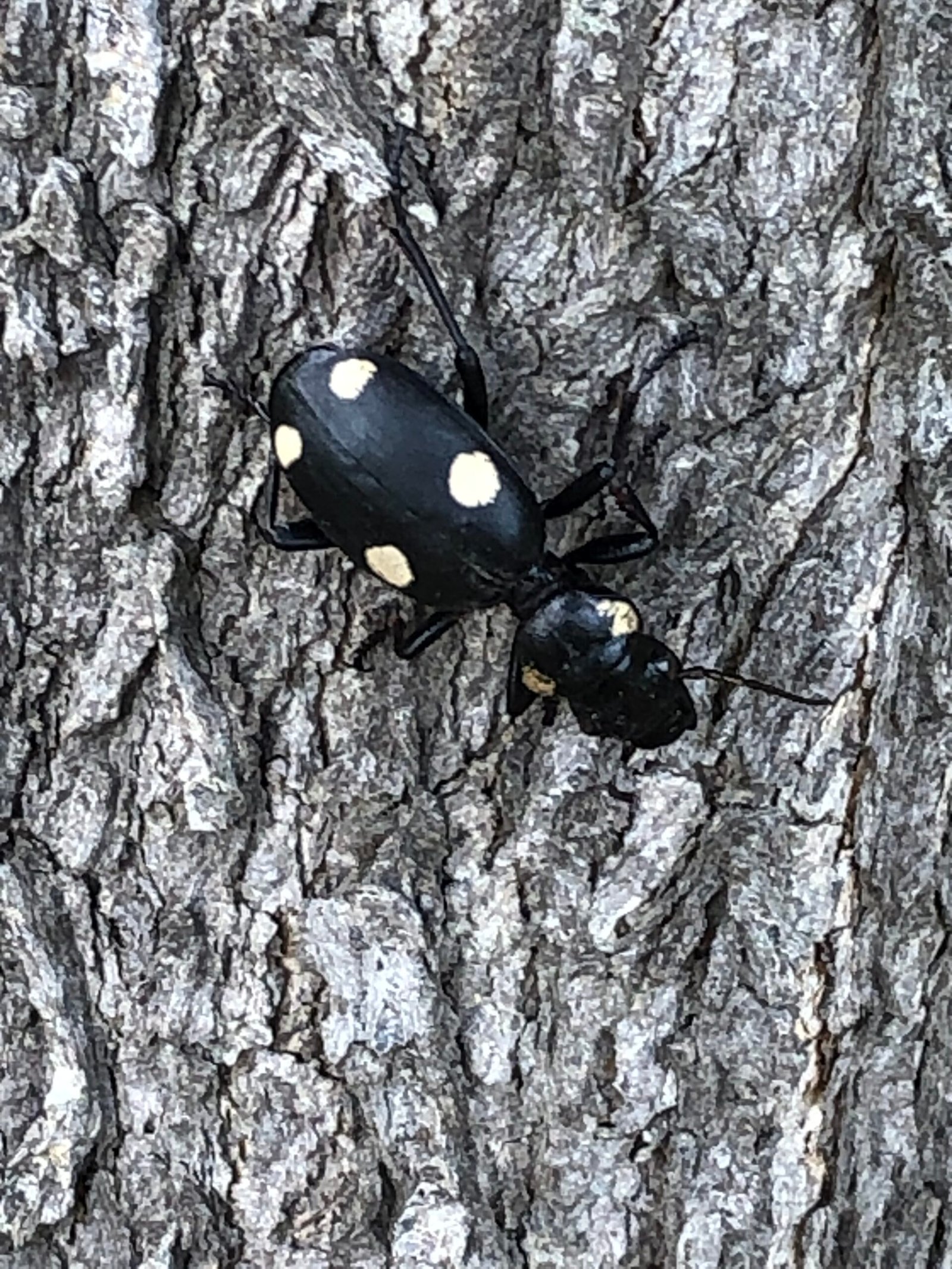The term “insect apocalypse” is often used to describe the declining populations of insects, which has been a growing concern.

The term “insect apocalypse” is often used to describe the declining populations of insects, which has been a growing concern. Insects play crucial roles in ecosystems, such as pollinating plants and serving as a food source for other animals.
Factors like habitat loss, pesticide use, and climate change have contributed to this decline. Conservation efforts are being made to address the issue and protect insect populations, as their decline can have significant ecological and agricultural impacts.
Why are we seeing an alarming global decline of different insect populations ?
The decline in insect populations can be attributed to several factors, including:
- Habitat Loss: The destruction and alteration of natural habitats through urbanization, agriculture, and deforestation can reduce the available space and resources for insects.
- Pesticides: The use of pesticides, including neonicotinoids and other chemicals, can be harmful to insect populations. These chemicals can kill not only target pests but also beneficial insects like pollinators.
- Climate Change: Shifts in temperature and weather patterns due to climate change can disrupt the life cycles and habitats of many insects, affecting their survival and reproduction.
- Pollution: Pollution from various sources, including air and water pollution, can harm insect populations by degrading the quality of their environment.
- Invasive Species: The introduction of non-native species can outcompete or prey on native insects, leading to population declines.
- Disease: Insect populations can be vulnerable to diseases, which can spread more easily due to factors like climate change and habitat disruption.
- Light Pollution: Artificial light can disrupt the behavior of nocturnal insects, affecting their reproductive patterns and survival.
Conservation efforts are crucial to address these issues and protect insect populations, as they play vital roles in ecosystems and are essential for pollination and other ecological functions.
What will happen if the insect populations around the globe show alarming declines ?
A significant decline in insect populations would have far-reaching and detrimental consequences for ecosystems, agriculture, and human society. Here are some of the potential outcomes if all insects were to decline significantly or disappear:
- Impact on Food Supply: Insects are essential pollinators for many crops, including fruits, vegetables, and nuts. A decline in insect populations would reduce crop yields, leading to food shortages and increased food prices.
- Ecosystem Disruption: Insects play crucial roles in food chains and ecosystems. Their decline could disrupt these ecosystems, affecting the plants and animals that depend on them.
- Decreased Biodiversity: Insects make up a substantial portion of Earth’s biodiversity. Their decline could lead to imbalances in ecosystems and a reduction in overall biodiversity.
- Economic Consequences: Agriculture and industries that rely on insect-pollinated crops would suffer economic losses. Additionally, the loss of insects could lead to increased pest problems, necessitating more chemical pesticide use.
- Nutrient Recycling: Insects like decomposers play a vital role in breaking down organic matter and recycling nutrients. Their decline could disrupt nutrient cycles and affect soil health.
- Medicinal and Cultural Uses: Insects have been used for medicinal and cultural purposes in various societies. The loss of specific insect species could impact these practices.
- Human Health: Insects also play a role in controlling disease vectors. Some insects, like mosquitoes, are vectors for diseases like malaria. Changes in insect populations could affect disease transmission patterns.
In summary, a decline in insect populations would have cascading effects throughout ecosystems, agriculture, and society. It underscores the importance of taking action to protect and conserve these vital species.
What can we do prevent the rapid decline of insect species ?
Preventing the rapid global decline of insects requires a multi-faceted approach involving individuals, communities, governments, and organizations. Here are some strategies to help protect and preserve insect populations:
- Reduce pesticide use: Minimize the use of harmful pesticides and opt for more environmentally friendly and targeted pest control methods.
- Create pollinator-friendly habitats: Plant native flowers and provide suitable habitats for pollinators like bees and butterflies in your garden or community.
- Support sustainable agriculture: Encourage and support sustainable farming practices that reduce the use of pesticides and maintain natural habitats within agricultural landscapes.
- Reduce light pollution: Use energy-efficient and properly shielded outdoor lighting to reduce light pollution, which can disrupt the behavior of nocturnal insects.
- Preserve natural habitats: Advocate for the protection and conservation of natural areas and the restoration of degraded ecosystems to provide habitats for insects.
- Educate and raise awareness: Promote awareness about the importance of insects and the threats they face through educational programs and outreach.
- Implement effective regulations: Support and advocate for policies and regulations that address the use of pesticides, habitat preservation, and other factors affecting insect populations.
- Research and monitoring: Invest in scientific research and monitoring to better understand insect populations and their declines, enabling targeted conservation efforts.
- Citizen science: Participate in citizen science projects that collect data on insect populations, contributing to a better understanding of their status.
- Support conservation organizations: Contribute to or volunteer with organizations that focus on insect conservation and broader environmental issues.
By taking collective action and making individual choices that prioritize insect conservation, we can help slow down and ultimately reverse the decline of these vital creatures.